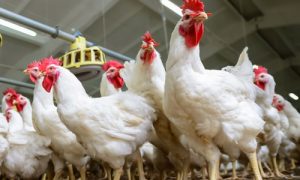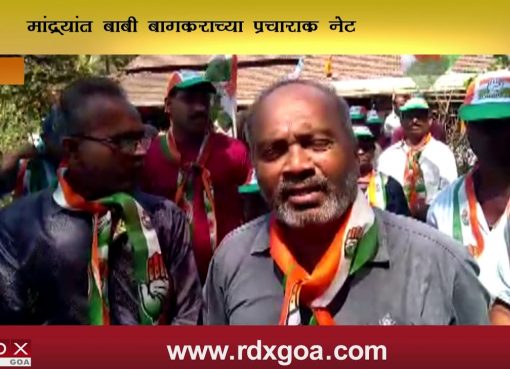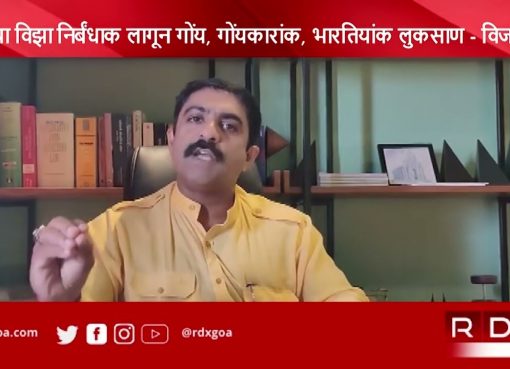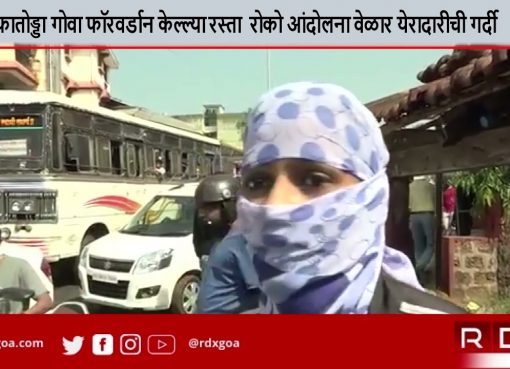
Panaji: Chief Minister Pramod Sawant recently met with the All Poultry Farmers & Traders Association and individual poultry farmers to address critical issues impacting the poultry trade in Goa. The meeting, which included officials from the Department of Animal Husbandry & Veterinary Services, focused on regulatory compliance, pricing structures, and taxation. Key points of discussion included:
- Mandatory Registration: The Chief Minister addressed the necessity for all poultry farmers and traders to register with the Panchayat, Municipality, and Food and Drug Administration (FDA).
- Fixed Pricing Structure: A key topic was the implementation of a fixed pricing structure for poultry products to ensure uniformity and compliance across all traders.
- GST Coordination: Discussions involved coordinating with Goods and Services Tax (GST) officials to finalize tax regulations applicable to poultry traders.

The meeting underscores the government’s commitment to addressing the challenges faced by the poultry industry and ensuring a fair and regulated trade environment. The association representing some of Goa’s original poultry farmers is seeking a balanced resolution that would protect both local businesses and consumer interests. The Chief Minister assured the delegation that the government would carefully examine their demands and work towards finding an amicable solution to protect the interests of local poultry traders while ensuring fair business practices in the sector. Poultry traders from Goa, Maharashtra, and Karnataka have also requested Chief Minister Pramod Sawant’s intervention regarding sourcing birds from neighboring states, opposing restrictions imposed by a private association in Goa. These traders plan to submit a memorandum to Sawant, highlighting their concerns and seeking resolution. Goa requires approximately 2 lakh kg of chicken daily, making it reliant on neighboring states due to insufficient local production





